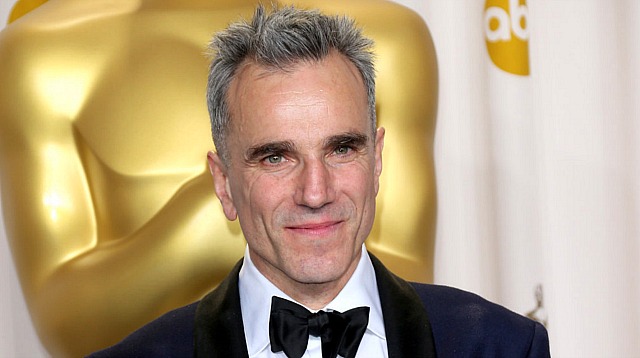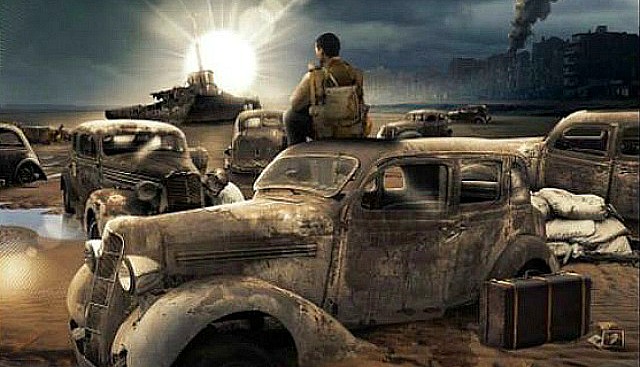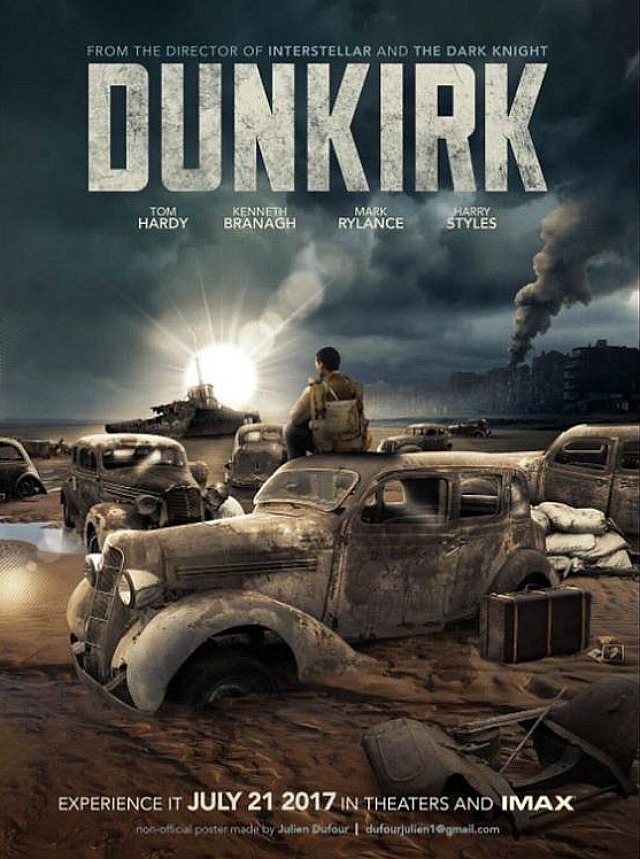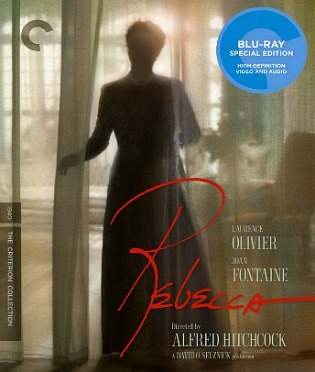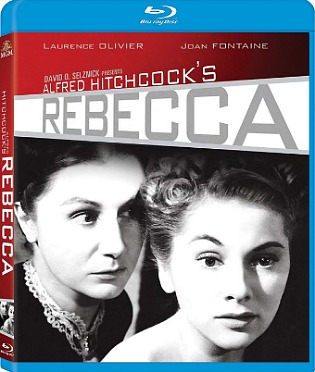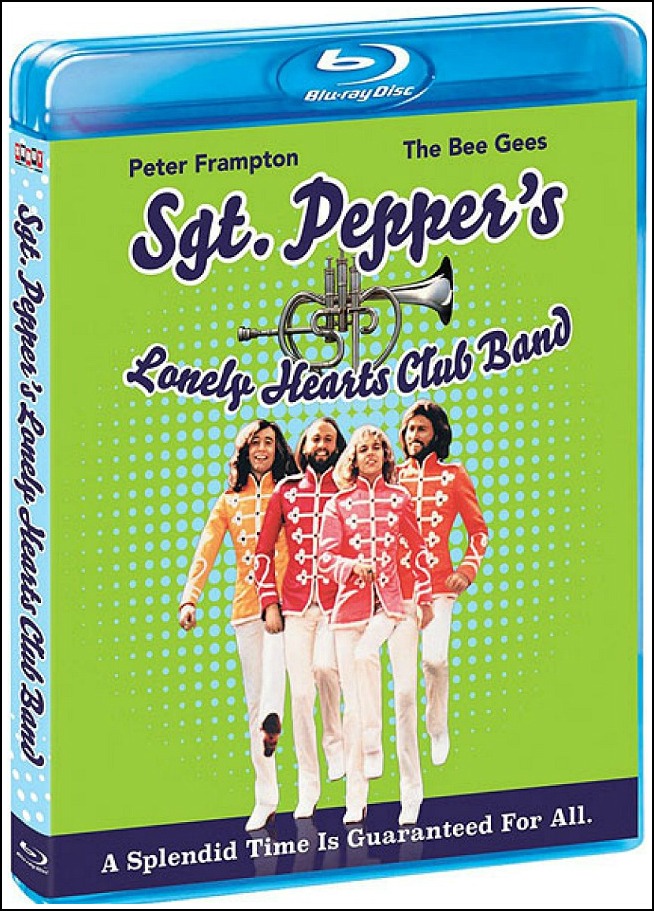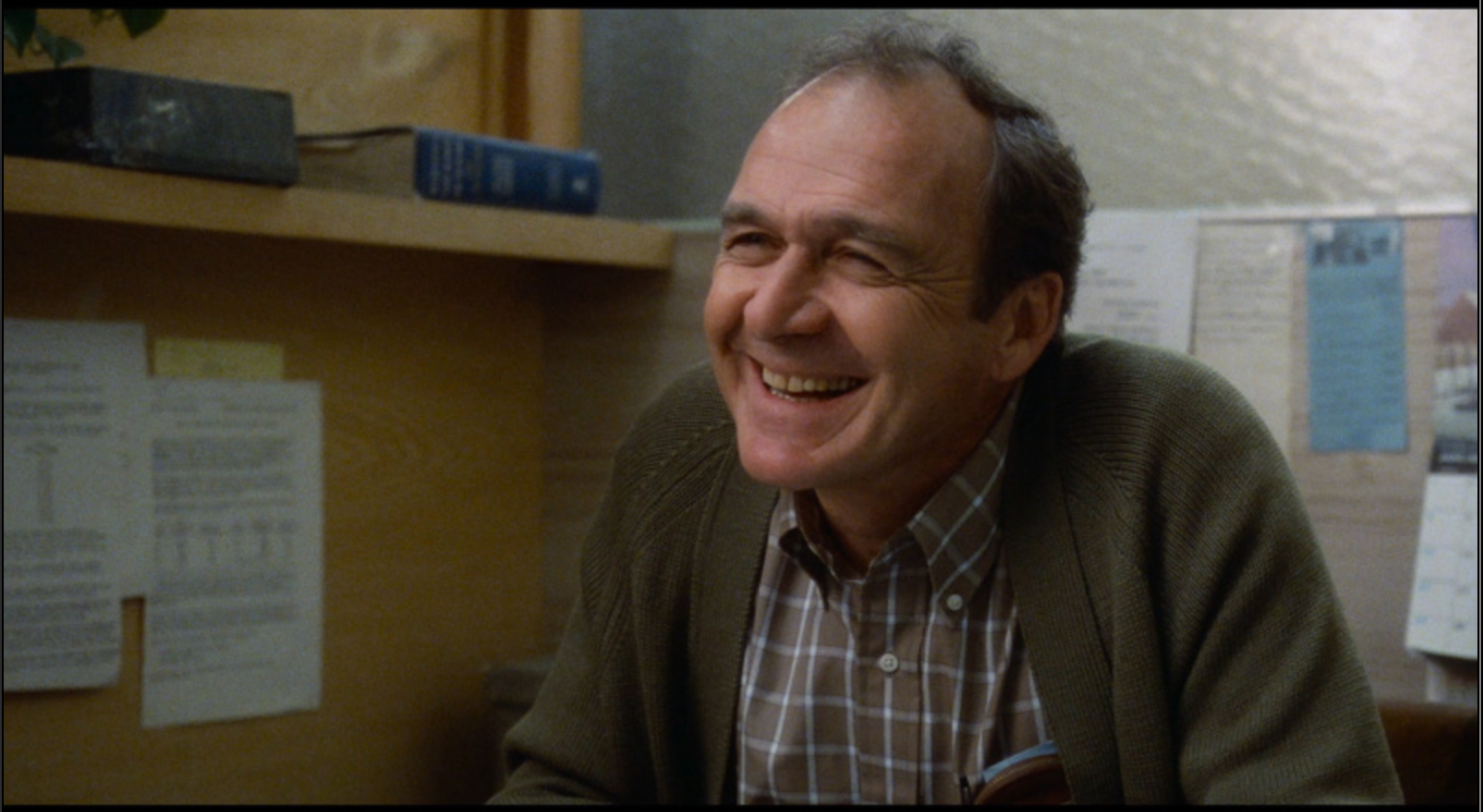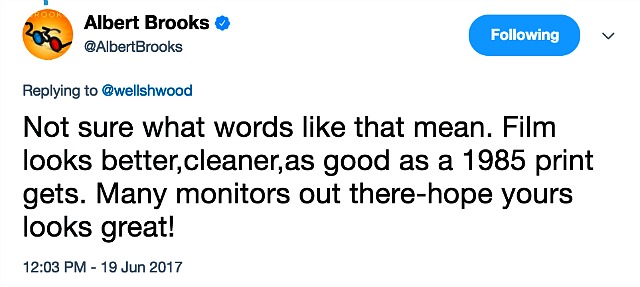If you’re really good at something, which maybe 2% or 3% of the population has been lucky enough to discover and nurture, why would you want to quit doing it? Daniel Day Lewis has announced he’s finished with acting for good this time, but why? Not because the pay sucks, I’m sure. Because he’s bored? Get un-bored, get shut of it. Because at age 60 he’s found something more noble or nourishing to devote his life to? Great — but what is that? Is it because he finds acting too taxing or draining? Because he can’t stand the unreality of being paid to pretend to be someone else? If DDL can’t abide his life or his work, fine. But he can’t just plotz and lie in a hammock or walk the earth like Kane in Kung Fu, getting into adventures and shit.
If DDL has run out of gas an an actor, he has to man up and do that thing in some other chosen realm. He has to do that thing that we all have to do because we have no choice because God and life demand it, and because those who wimp out or run away from that struggle are, no offense, ignoble and cowardly.
Is this a Steven Soderbergh– or Frank Sinatra-style retirement? I understand burnout — it happens — but I don’t respect people who’ve been lucky enough to find a calling — to connect with the universe with a rare and beautiful gift that they’ve found within and made into something that has touched people worldwide — and then just walk away from it.
Private Robert E. Lee Prewitt: “A man should be what he can do.” Wells to DDL: You have a duty to go, to be, to strive, to create, to become, to dig in and reach for something better or even wondrous within. Abandoning the struggle is a sin. We’re here only a limited time and then we’re dead, for God’s sake.
Lewis will make the Oscar season rounds one last time in late November and December to discuss what may be his final role, as 1950s fashion designer Charles James in Paul Thomas Anderson‘s Phantom Thread (Focus Features, 12.25).
What caused Lewis to snap and say “fuck it”? Was it the extraordinary task of making Charles James come exactingly alive under the demanding PTA? Was it a sense of existential engulfment? Did he suddenly buckle at the thought of sitting for a Santa Barbara Film Festival tribute at the Arlington?

